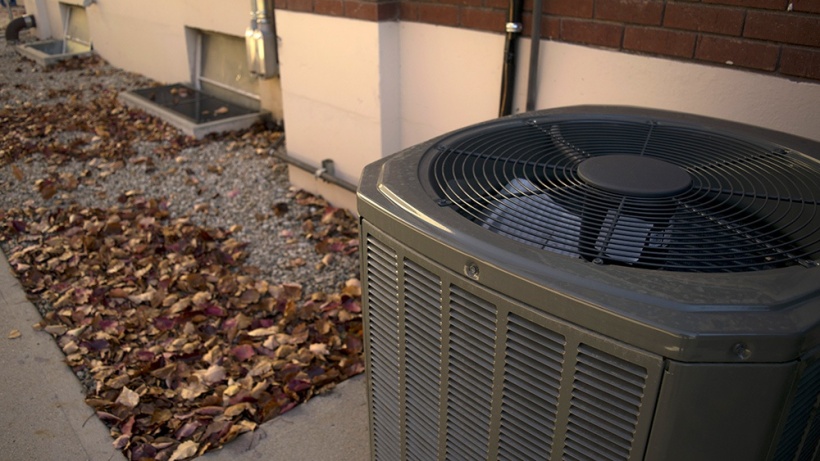 Most homes that are serviced by HVAC Philly in the greater Philadelphia, Bucks and Montgomery County Pa areas are heated with either furnaces or boilers. Now that we are officially in fall and the temperature is starting to drop our natural habit is to wonder if our homes are ready to handle the next heating season.
Most homes that are serviced by HVAC Philly in the greater Philadelphia, Bucks and Montgomery County Pa areas are heated with either furnaces or boilers. Now that we are officially in fall and the temperature is starting to drop our natural habit is to wonder if our homes are ready to handle the next heating season.
HVAC Philly is providing this guide, which is specifically geared toward those homeowner looking for more information on residential boiler systems; common boiler fixes, features, considerations before a new purchase, energy efficient upgrades and top brands.
Considering that half of the energy used in your home goes to heating and cooling (according to Energy Star), making the most economical decisions about your home’s heating system can have a significant effect on your utility bills.
And most importantly your comfort.
Now is the best time to check your boiler and make sure it is working properly. If it is not or if it is getting old, you might want to consider purchasing one of the newer boilers on the market.
Common Problems with Boilers You Could Encounter
There can be one or two minor problems when your system is first started for the season. Unfortunately, you usually learn about these common problems when it’s already cold outside, making the need to address the issue much more urgent.
Let’s face the most common problems you might encounter first before you take a look at a newer energy efficient boiler.
You’ll need to know what type of boiler you have. Most produce steam or hot water using natural gas or heating oil, and all are either condensing or non-condensing. While these systems differ in their controls they both utilize a boiler.
Your first step will always be to determine if you have a hot water boiler or a steam boiler. If you don’t see a circulator (pump on a hot water heating system) or if you have a clear glass tube on one side of your boiler then it’s a steam boiler. That is great information to know if you have to contact a technician.
Here’s a quick checklist before calling in the experts:
1. Check Your Pilot Light
The problem could be as simple as a draft blowing the pilot out. Or it could debris clogging the gas delivery nozzle. Checking the pilot light is a consideration if you have either a hot water or steam boiler.
2. Investigate Loss of Pressure
This commonly occurs because of a water leak somewhere in the system. However, the cause could also be due to a faulty pressure relief valve. In order to determine the cause, it’s best to contact a professional at HVAC Philly who will be able to pinpoint and repair the problem quicker than you can on your own.
In the case of the steam boiler, you can check the water level at the site glass. The site glass should be filled up 3/4 of the way.
3. Could You Have a Faulty Thermostat?
Thermostat issues are exactly as they sound. If yours is inaccurate or is not operating properly then you must replace it. This is something that you can typically replace on your own.
4. Is There a Deep Rumbling Coming From the Boiler?
The noise you hear is called – Kettling. Not the best sign for the health of your boiler. Probably at the top of the list of the most common problems with boilers is limescale buildup within the boiler’s heat exchanger. Cleaning the system will take care of that problem. Probably best to call a professional to “err” on the side of caution.
Be sure to follow us for Part 2 of this guide where we will go over Key Boiler Features and Advantages.
Give HVAC Philly a call at (215)725-6111 to schedule your annual maintenance tune-up or if you have any questions.
Follow us on Facebook, Google+, Tumblr, Twitter, or LinkedIn to learn more. HVAC Philly is readily available to answer any questions or to schedule an appointment. www.hvacphilly.com
HVAC Service Provided to
Philadelphia, South Philadelphia Feasterville, Bensalem, Bristol, Langhorne, Yardley, Fairless hills, Churchville, Newtown, Southamptown, Warminster, Holland, Jamison, Morrisville. Elkins park, Cheltenham, Glenside, Abington, Huntingdon valley, Willow groove, Horsham and Jenkintown.



 One of the most important aspects of any heating system is the actual heat pump itself, which acts like the “lungs” of the entire
One of the most important aspects of any heating system is the actual heat pump itself, which acts like the “lungs” of the entire 







